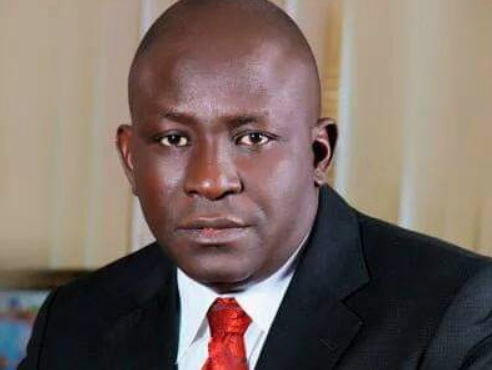A bill seeking to criminalise facial mutilation under the guise of cultural and tribal marks has passed through second reading in the Senate. The bill
A bill seeking to criminalise facial mutilation under the guise of cultural and tribal marks has passed through second reading in the Senate. The bill, ‘A Bill for an Act to provide for the Prohibition of Facial Mutilation is being sponsored by Senator Dino Melaye.
Melaye while presenting the lead debate, said the era where facial marks were needed for identification with certain affiliations is long gone, as the popularity and acceptance of the practice continues to wane.
“These tribal marks have become emblems of disfiguration and have hindered many situations of life. Some have developed low self-esteem; they are most times treated with scorn and ridicule. The reactions of people who interact with them on interpersonal basis somehow dampen their spirit or lower their self-esteem. They are reduced in most cases to laughing stocks in the communities and called several horrible names,” Melaye argued.
“Long before the awareness programmes on AIDS, many innocent people, mostly children, who were subjected to tribal marks laceration, had inadvertently been infected with the deadly HIV virus. Sharp instruments used by the locales to inscribe the tribal marks were not sterilized, thus exposing kids, even adults, to the risk of HIV/ AIDS,” he added.
Contributing to the debate, the Senate Whip, Senator Olusola Adeyeye (Osun Central) said the practice brings reproach to the African race, all around the world.
“We must stop it, and we must ensure stiff penalties, not just for the parents but for the so-called local surgeons who administer the marks. African legislatures must stop it. All African countries must ban this practice in the name of tribal marks,” he said.
Adeyeye displaying the mutilations on his arm disclosed that he was a victim of the practice, when his grandmother forcefully took him to a local surgeon who made the cuts, while his father was away. My father did not want any of us to have marks, he said, and recalled the pains of being cut with a knife without any form anesthesia.



